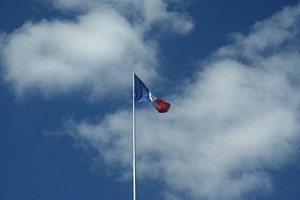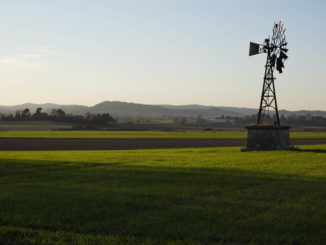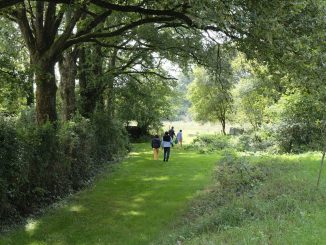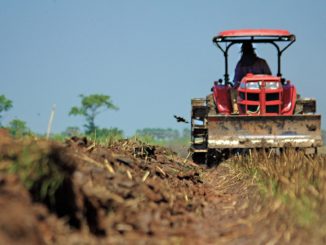
Throughout the election campaigns in France, the multi-NGO platform Group PAC2013 has interviewed the EU farm policy leaders from different political groups running for the President. This does not include the Front National who wish to pull out of the CAP. Between the two rounds of the election for the next president, they have published the responses of UMP (Conservative Party) leader on agriculture, MEP Antoine Herth, and those of Stéphane Le Foll, EU MEP and Campaign Coordinator for the Socialist Party.
The first part of the interview can be found here. The second is below.
On phasing out historical direct aids…
Mr Herth shares the idea of moving from historical references, but asked for a more gradual move than the EC proposal for the end of 2018 “The Commission has set an ambitious agenda, we need a more flexible schedule for a convergence in 2020. A uniform area payment would have undesirable effects even if it may be simple”.
Mr Le Foll said phasing out of historical references is necessary but he suggested a cautious approach: “Do you know which farmers would be the most affected? These are not the crop farmers the Paris basin, but dairy farmers in western France”. In general, he wants to target direct aids towards the most autonomous farming systems.
On capping and degressivity of direct aid…
For Mr Herth, capping and degressivity are “essential if we want subsidies to be better percieved by the public“. He suggests that CAP should also give a bonus to small farms because they contribute to short food chains.
Le Foll admits that the proposed ceiling (300, 000 € per beneficiary) will not work, as Germany and the UK are opposed to it. “The real issue is degressivity taking into account employment and the environment. If we can shift € 600M from Pillar I to Pillar II, it will be fine”.
On recoupling and targeting of aid…
For Mr Herth, recoupling of aid is important, especially in less favoured areas. “To this we must have appropriate tools in the CAP to secure production in the most sensitive areas and be more responsive to markets, especially in the case of suckler cow herds premium if we want to boost cattle export opportunities”.
Mr Le Foll said “We must keep coupling aids on flax, hemp and small ruminants animals; payments aid should be targeted on the renewal of generations. Changing current agriculture is important through Pillar II in order to support organic farming and sustainable systems globally. “
On the WTO and Agriculture…
For Mr Herth “The EU has already significantly reduced its export subsidies and made concessions without ensuring counterparties on sanitary and phytosanitary standards“. He proposed that the EU should have an economic and food partnership with the southern Mediterranean countries, and also an energetic partnership with Russia for the natural gas imports that the fertilizer industry needs.
Le Foll called for “No more cuts in current EU tarifs“. Talking about the damages caused by the palm oil monoculture, he stressed the need to introduce social and environmental issues within the WTO agenda. But Mr Le Foll believes that the agri-food exports from Latin America are just as damaging as those of the EU in the third countries. He argued for the possibility of organising exchanges in sub-regions.




